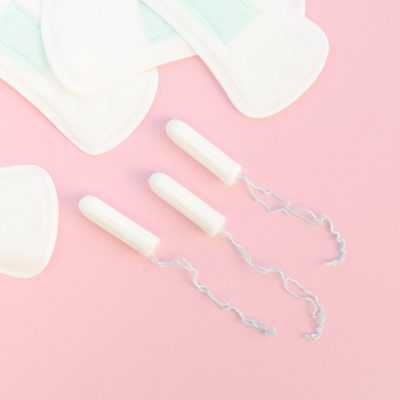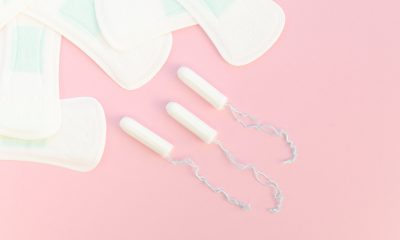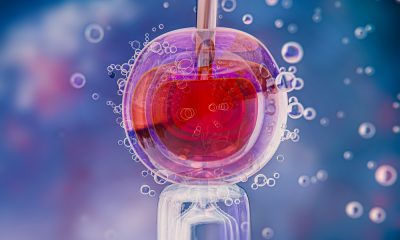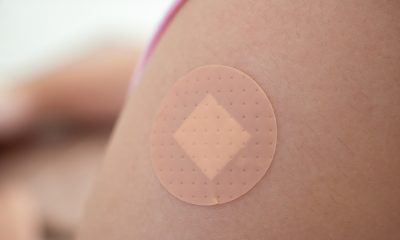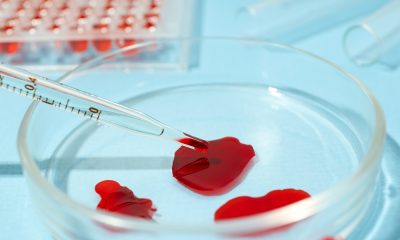Xavier Becerra, secretary of the Department of Health and Human Services (HSS), and leaders from across HHS met with state leaders and representatives from the National Governors Association (NGA) to announce the launch of HHS secretary’s postpartum maternal health collaborative.
The six states that have agreed to participate in the postpartum maternal health collaborative are Iowa, Massachusetts, Maryland, Michigan, Minnesota and New Mexico.
The collaborative seeks to bring together state experts, local providers, community partners and federal experts to develop a better understanding of the challenges being experienced among the postpartum population and support new solutions that will improve postpartum mortality.
In conjunction with this new HHS collaborative, the NGA launched its Improving Maternal and Child Health in Rural America State and Territory Policy Learning Collaborative, an initiative that aims to focus on implementing policy changes to improve maternal and child health outcomes in rural America.
States expanding postpartum care are especially crucial in light of the release of maternal mortality rates, which show that, in 2021, 1,205 women died of maternal causes in the United States.
According to data from Maternal Mortality Review Committees in 36 states, nearly one in three pregnancy-related deaths occurred between six weeks and one year after childbirth.
The postpartum period is critical for recovering from childbirth, addressing complications of delivery, ensuring mental health, managing infant care and transitioning from obstetric to primary care.
Becerra underscored the need to support women who are experiencing postpartum challenges and highlighted how the collaborative could improve maternal and postpartum health.
During the meeting, participants responded by sharing insights into how each of their states are working to improve maternal and postpartum health.
The representatives also presented the unique challenges they are facing in reducing maternal mortality and discussed the drivers that are contributing to the maternal health crisis.
To receive the Femtech World newsletter, sign up here.































